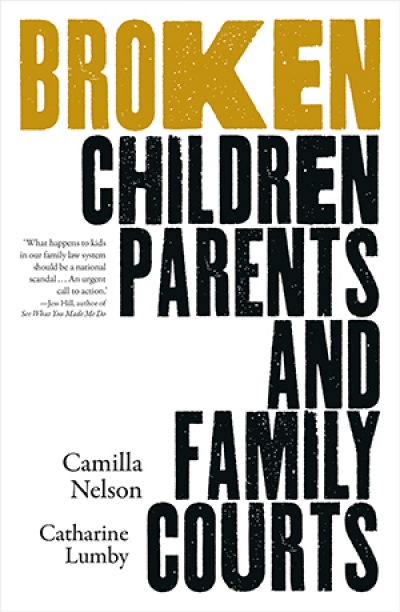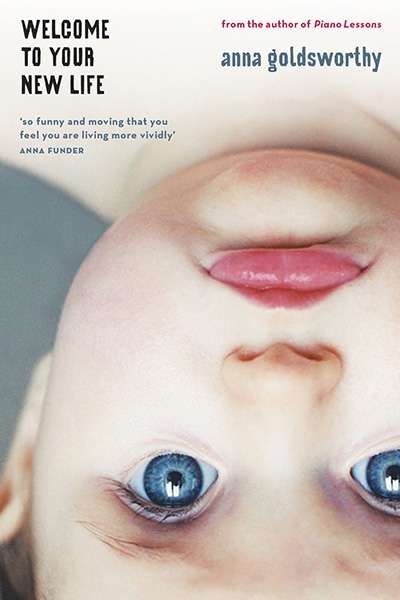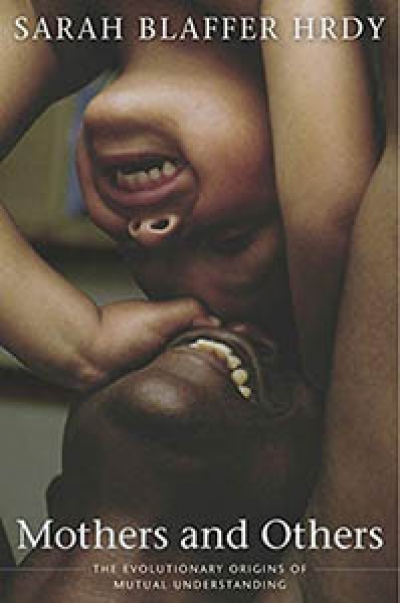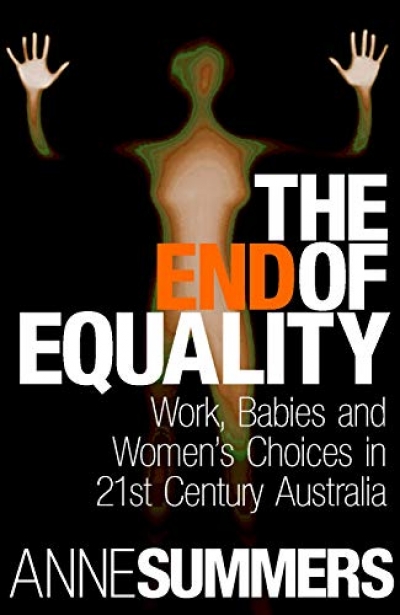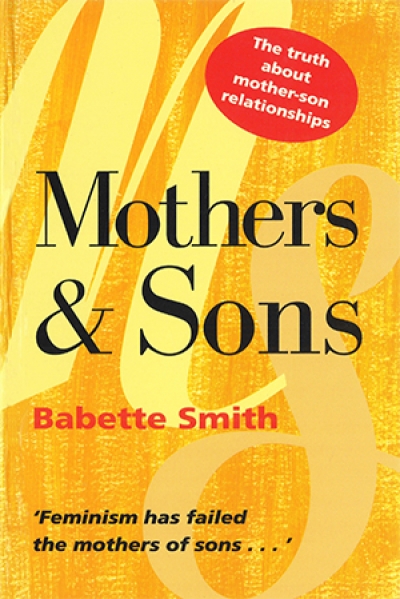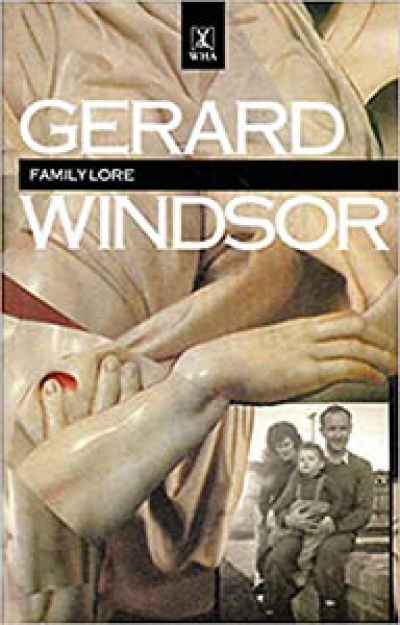Family
Broken: Children, parents and family courts by Camilla Nelson and Catharine Lumby
by Kath Kenny •
Mothers and Others: The evolutionary origins of mutual understanding by Sarah Blaffer Hrdy
by Michael Gilding •
Liz Conor reviews 'The End of Equality: Work, Babies and Women’s Choices in 21st Century Australia' by Anne Summers
by Liz Conor •
‘Women who want to be equal with men lack ambition.’ This was the rather damning assessment of equality-based or liberal feminism scrawled on public walls in the 1970s and 1980s. It took a swipe at the strategy of achieving civil and economic equality on men’s terms. It sought a radical agenda of change that would bring about profound alteration to the deepest social, economic and psychic structures of gender identity, patriarchy and capitalism. It demonstrated, even then, that ‘equality’ did not have unqualified support among women. Thirty years later, Anne Summers is in a position to consider how this strategy has stood up to repeated attacks, and its overall gains and shortcomings.
... (read more)No Children by Choice edited by Gloria Frydman & Mature Age Mothers edited by Berwyn Lewis
by Judith Brett •

